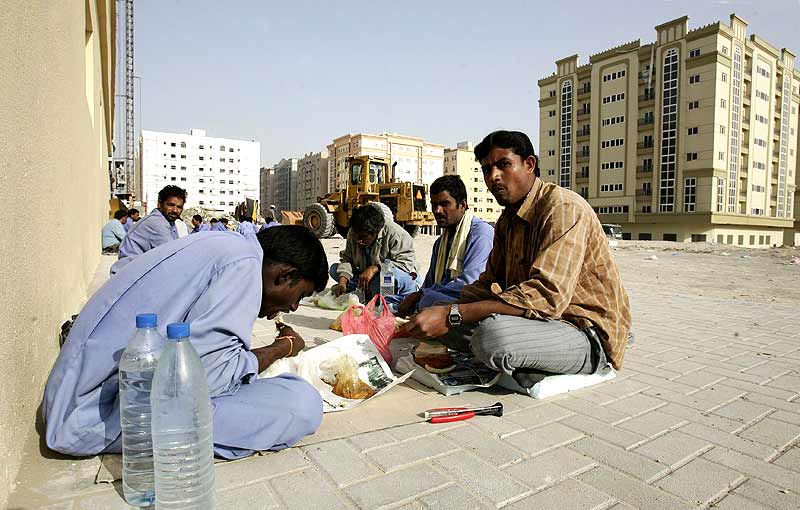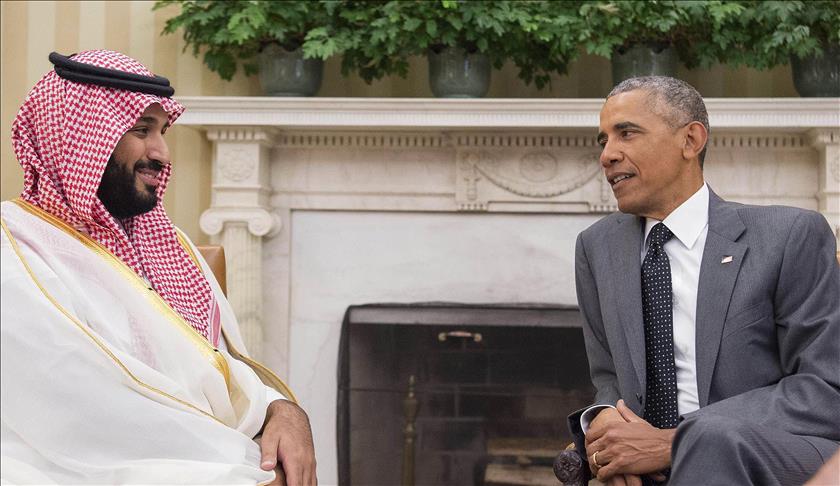
Indian diplomats in Saudi Arabia have distributed 15 tons of emergency food to thousands of stranded Indian construction workers who were left without money, food or airline tickets home after they were sacked by cash-strapped employers.
New Delhi is considering how best to bring the stranded workers — many of whom had not received their wages for months before the employers also cut off the supply of food to their spartan residential camps — back to India.
It has demanded that the Saudi government give the affected Indian workers the necessary “exit visas”, which typically require employers’ approval, and return the workers’ passports, which have been typically kept in the employers’ custody.
Those caught up in the crisis include erstwhile employees of Saudi Binladin Group — Saudi Arabia’s largest construction group, which is said to have laid off 50,000 workers in the past few months — and its rival Saudi Oger, which is controlled by the family of Lebanon’s Hariri family.
Both companies have been hard hit by the late-payment — or non-payment — of their bills, especially from government departments and companies faced with the prospect of yawning budget deficits, as a result of the slump in oil prices.
“We are exploring all options to get the workers back to India safely,” said an Indian government official who asked not to be named.
India will also press claims for any unpaid wages for workers that leave the country, the official said.
The crisis enveloping the workers, who typically pay large sums to employment agents to secure what they expect to be lucrative jobs abroad, highlights the potential downside of plummeting global oil prices on South Asian economies and their working classes.
India — and its neighbors Bangladesh, Nepal, and Pakistan — have in recent years seen their economies buoyed by robust currency inflows from their millions of expatriates toiling as construction workers, drivers, maids and in other jobs in the Gulf.
In Nepal, migrants’ remittances — though not all from workers in the Gulf — accounted for 29 percent of the impoverished country’s gross domestic product in 2015, while India received $69bn of remittances, accounting for 3.4 percent of GDP in the same year.
But falling global oil prices are cutting demand for foreign workers in the Gulf, which will likely pinch regional economies in other ways.
India’s response to the worsening crisis facing its expatriates began late last week after workers complained of going without food or water in their camps for several days.
Sushma Swaraj, India’s foreign minister, took to Twitter to appeal to the estimated 3m Indians working in Saudi Arabia to donate food to their compatriots. Ms. Swaraj said workers in Kuwait were also affected by similar problems, but that the situation there was “more manageable”.
Two Indian ministers are in the coming days due to fly to Saudi Arabia to attempt to put together a repatriation plan.



